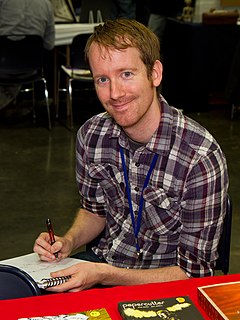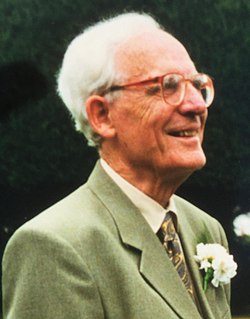A Quote by Kevin Anderson
I try not to get too political. But coming from South Africa, where apartheid was a huge problem, and there was lots of inequality, has shaped me in terms of how I view certain issues.
Related Quotes
My sense of politics and justice was deeply shaped in adolescence by my involvement with the underground punk - rock scene, and though lots of social and political issues had come forth in my comics, it wasn't until my late 20s that I felt properly equipped to address certain issues of race, power, and violence in my work.
There may be countries [where] there's no gender inequality in schooling, even in higher education, but [where there is] gender inequality in high business. Japan is a very good example of that. You might find cases in the United States where at one level women's equality has progressed tremendously. You don't have the kind of problem of higher women's mortality as you see in South Asia, North Africa, and East Asia, China, too, and yet for American women there are some fields in which equality hasn't yet come.
I was raised in a country [South Africa] with a lot of political turmoil. I was part of a culture and a generation that suppressed people and lived under apartheid regimes. I don't know how you can come out of that and not have an awareness for the world. I think that if my life had turned out any other way and I was working in a bank, I would still feel this way about it, because there's a connection to humanity that to me is really important.
The truth is that political consciousness in this country is pretty low... To the degree that we can help educate and organize people around the most important issues facing their lives and show that there is support for fundamental changes in the way we do business in the United States of America in terms of income inequality, in terms of low wages, in terms of disastrous trade policies, in terms of being the only major country not to have a national healthcare program - that's success.
There is no longer a Christian mind ... the modern Christian has succumbed to secularization. He accepts religion - its morality, its worship, its spiritual culture; but he rejects the religious view of life, the view which sets all earthly issues within the context of the eternal, the view which relates all human problems social, political, cultural to the doctrinal foundations of the Christian Faith, the view which sees all things here below in terms of God's supremacy and earth's transitoriness, in terms of Heaven and Hell.






































